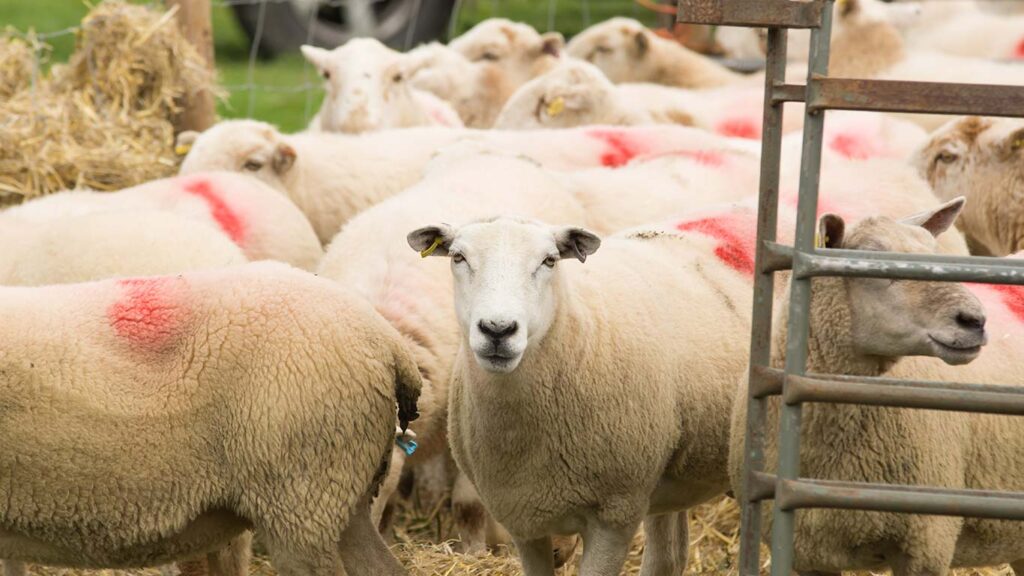Wales eases bluetongue rules for English slaughter lambs
 © Adobe Stock
© Adobe Stock Changes to bluetongue regulations in Wales mean that from 14 July animals can be moved from the Restricted Zone (RZ) in England to a bluetongue approved “red market” in Wales.
The Welsh government said the change would allow greater flexibility for farmers and auctioneers while maintaining disease controls.
The change applies only to animals moving direct to a designated slaughterhouse in Wales, or back to a slaughterhouse in England, and requires an EXD628 general licence from the Animal and Plant Health Agency (Apha).
Movements of animals from the RZ are also subject to conditions of the EXD627 general licence, which must be obtained from Apha.
See also: New social media campaign to dispel bluetongue vaccine myths
Deputy first minister Huw Irranca-Davies said he remained committed to protecting Welsh livestock, farmers and communities by keeping the disease at bay.
“I am pleased to confirm that the evidence now supports easing some of the current restrictions,” he said.
Animals destined for the red markets do not require vaccination or pre-movement testing.
Cattle that have been fully vaccinated with Boehringer Ingelheim’s Bultavo-3 vaccine are allowed to move under licence from the England RZ to Wales without a pre-movement test.
A step forward
The move has been described by NFU Cymru as a step forward.
NFU Cymru president Aled Jones said: “In normal times some animals would go for further finishing, so the fact everything must go direct for slaughter is not without its drawbacks, but the introduction of this flexibility will help facilitate and support trade in finished prime stock.”
Further guidance on moving animals out of an RZ and information on applying for a licence are available on the gov.uk website.
New cases
Two new cases of BTV-3 were confirmed on 11 July in England.
Two cattle tested positive in Herefordshire following a non-negative pre-movement test, and a sheep in Oxfordshire was also confirmed positive following a report of suspicious clinical signs.
These represent the first cases of BTV-3 in Great Britain during the 2025-26 vector season.
The risk of transmission via infected midges is now considered very high in England.
Vaccination reminder
The chief veterinary officer for Wales, Richard Irvine, reminded farmers that vaccination remained the best option for protecting livestock.
“We are also continuing to actively explore vaccine efficacy, including when used in sheep and for future sales,” Dr Irvine said.
